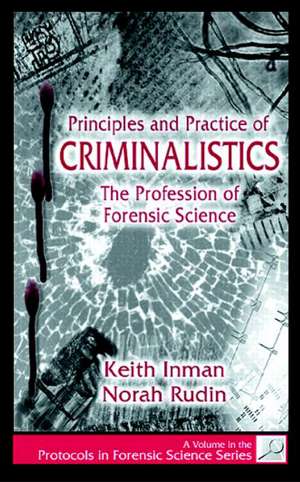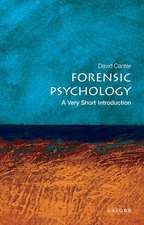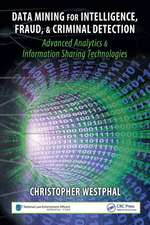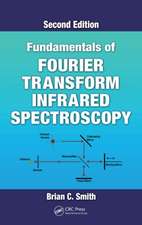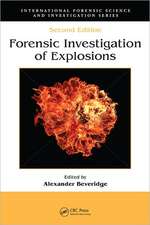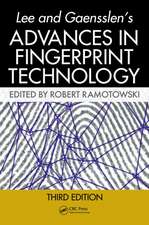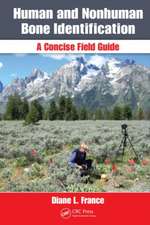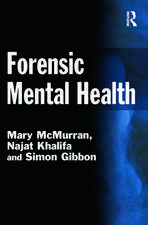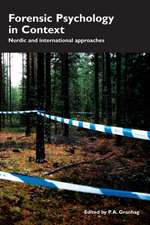Principles and Practice of Criminalistics: The Profession of Forensic Science: Protocols in Forensic Science
Autor Keith Inman, Norah Rudinen Limba Engleză Hardback – 29 aug 2000
Preț: 1225.99 lei
Preț vechi: 1495.11 lei
-18% Nou
Puncte Express: 1839
Preț estimativ în valută:
234.67€ • 254.99$ • 197.25£
234.67€ • 254.99$ • 197.25£
Carte tipărită la comandă
Livrare economică 21 aprilie-05 mai
Preluare comenzi: 021 569.72.76
Specificații
ISBN-13: 9780849381270
ISBN-10: 0849381274
Pagini: 392
Ilustrații: 1 table and 8 halftones
Dimensiuni: 156 x 234 x 23 mm
Greutate: 0.68 kg
Ediția:1
Editura: Taylor & Francis
Colecția CRC Press
Seria Protocols in Forensic Science
Locul publicării:Oxford, United Kingdom
ISBN-10: 0849381274
Pagini: 392
Ilustrații: 1 table and 8 halftones
Dimensiuni: 156 x 234 x 23 mm
Greutate: 0.68 kg
Ediția:1
Editura: Taylor & Francis
Colecția CRC Press
Seria Protocols in Forensic Science
Locul publicării:Oxford, United Kingdom
Public țintă
Academic, Professional, and Professional Practice & DevelopmentCuprins
Introduction. The Evolution of Forensic Evidence. Overview-A Unifying Paradigm of Forensic Science. The Origin of Evidence-Divisible Matter and Transfer. The Recognition of Physical Evidence. Classification, Identification, and Individualization-Inference of Source. Association and Reconstruction-Inference of Contact. Good Field Practice-Processing a Crime Scene. Good Laboratory Practice-Establishing Validity and Reliability. Good Forensic Practice-Obligations of the Analyst. Communicating Results-Where Science Meets the Law. Ethics and Accountability-The Profession of Forensic Science.
Recenzii
"Any forensic laboratory undergoing accreditation would benefit from reading …the book. …quite readable because it is interspersed with interesting examples of actual cases. Its use of a vast array of references and historical quotes, throughout the book, speaks admirably of the depth and breadth of knowledge of the authors."
- William Westenbrink, M.Sc., RCMP Forensic Laboratory, Halifax, in Canadian Society of Forensic Science Journal
- William Westenbrink, M.Sc., RCMP Forensic Laboratory, Halifax, in Canadian Society of Forensic Science Journal
Descriere
Expanding on ideas proposed by leading thinkers throughout the history of forensic science, this book outlines a logical framework for the examination of physical evidence in a criminalistics laboratory. It reexamines prevailing criminalistics concepts in light of both technical and intellectual advances and provides a way of conceptualizing physical evidence from its origin through its interpretation. Contextually, the book explains what forensic scientists do and discusses the philosophical and practical considerations that affect the conduct of their work. It is a tremendously valuable reference for professionals involved in forensic science and other related fields.
